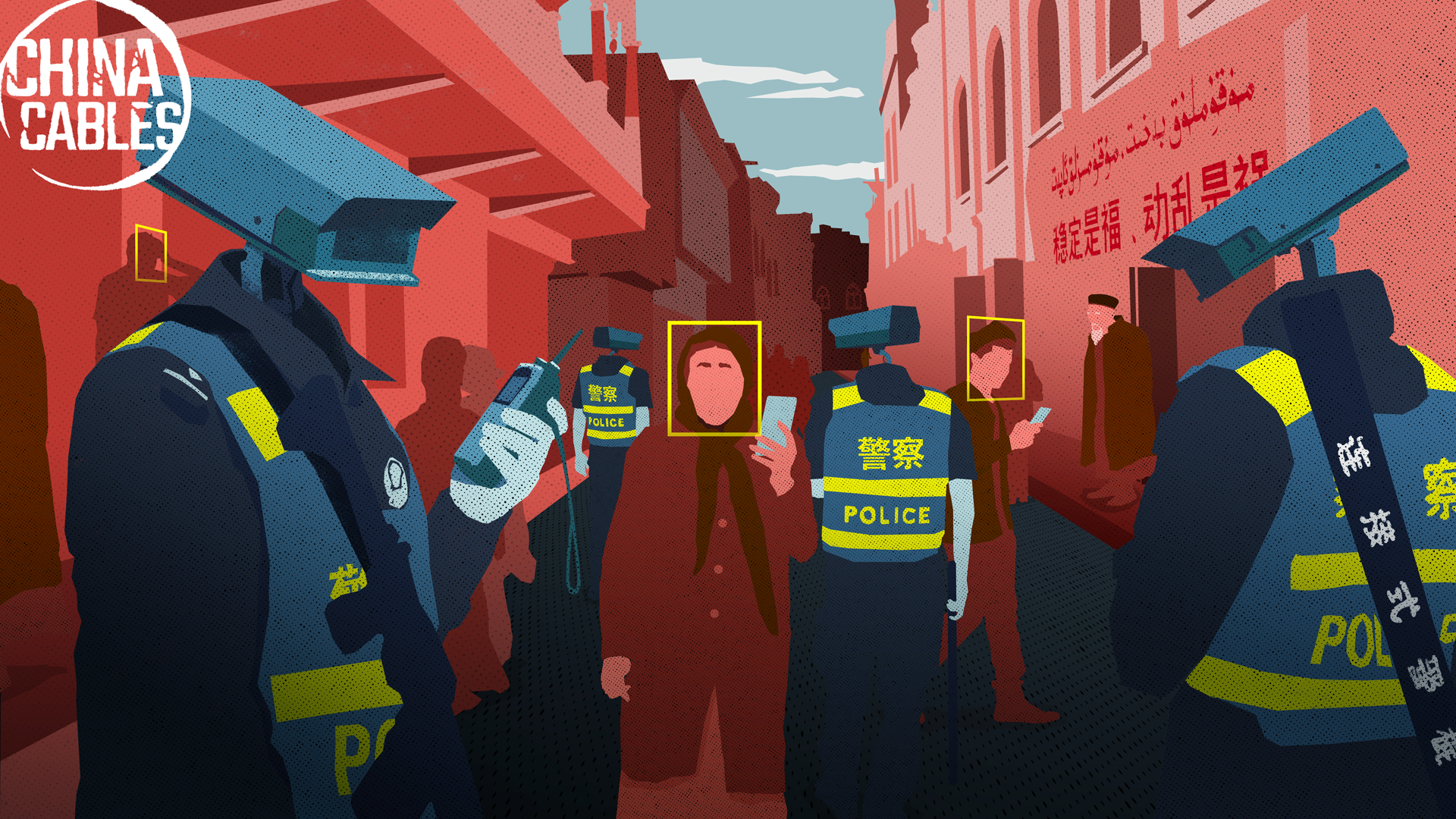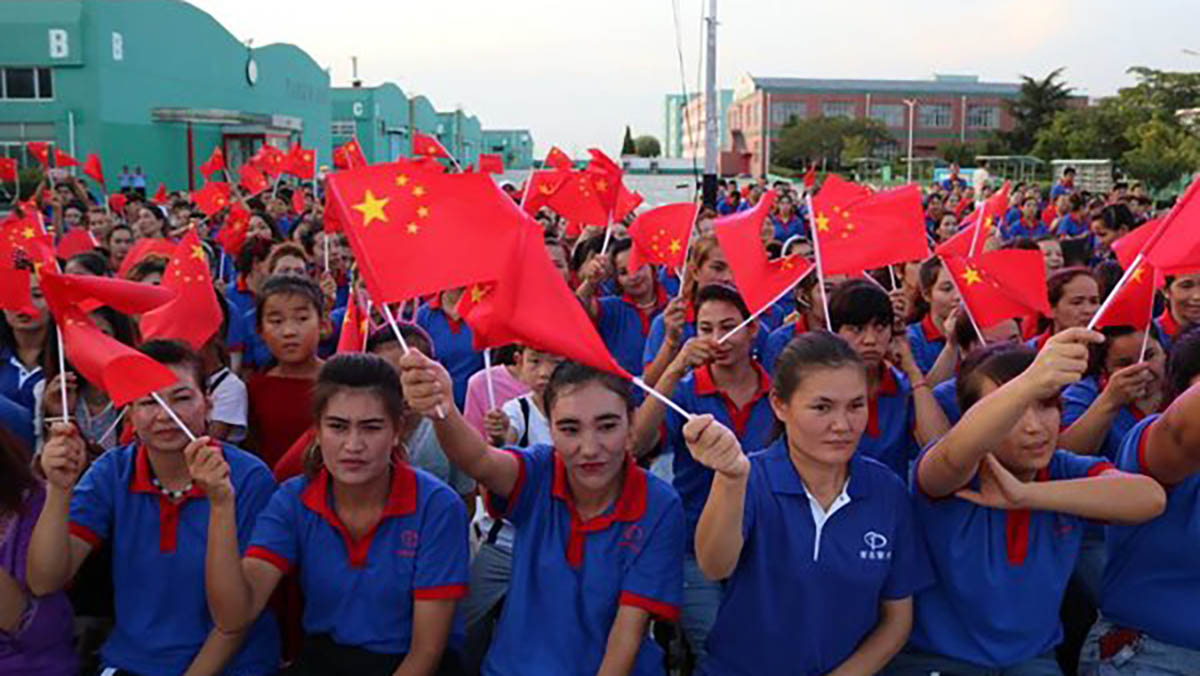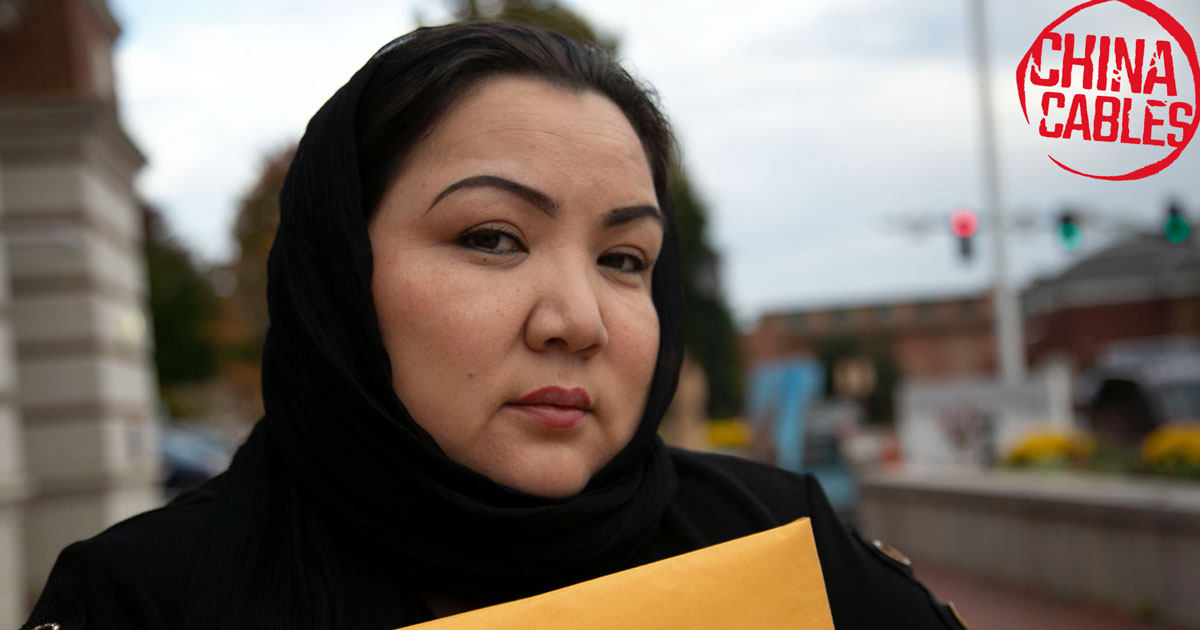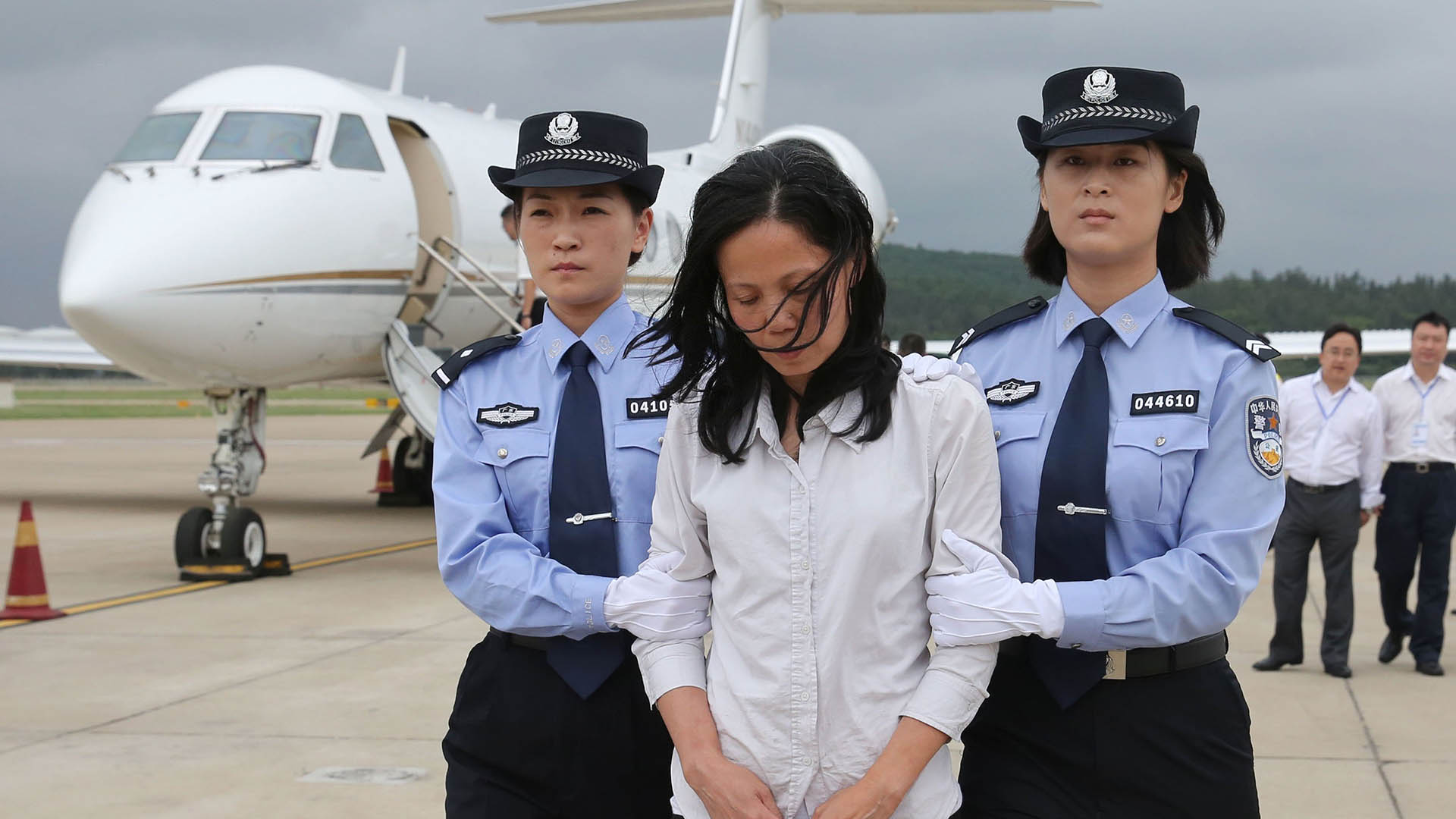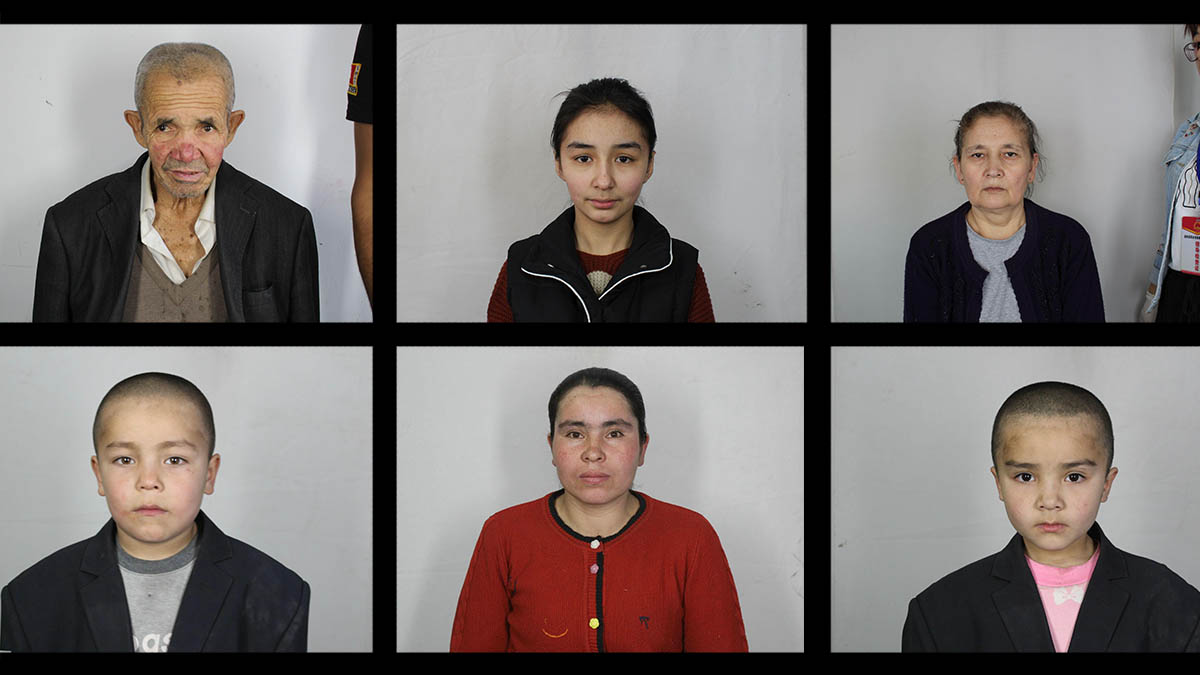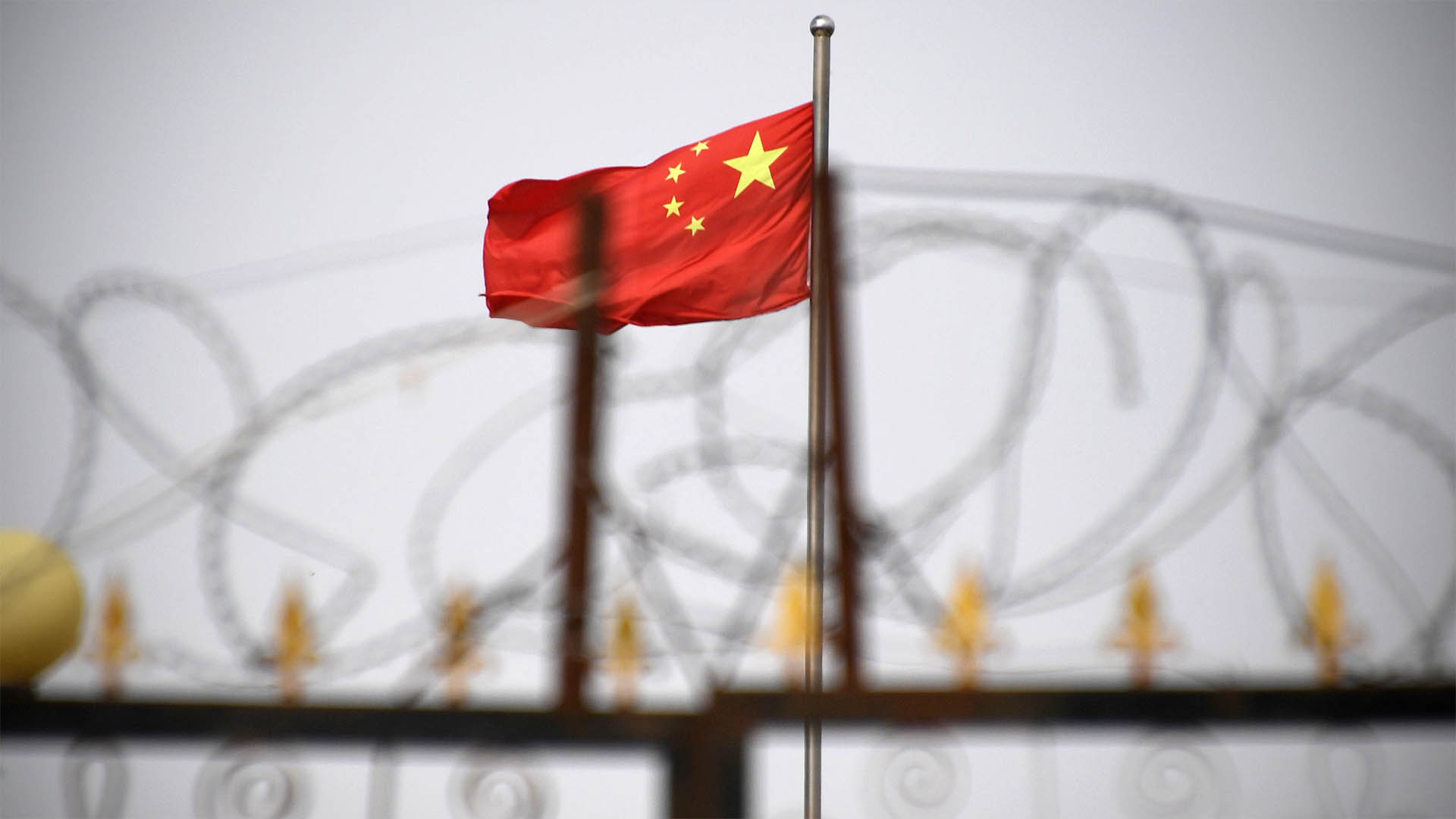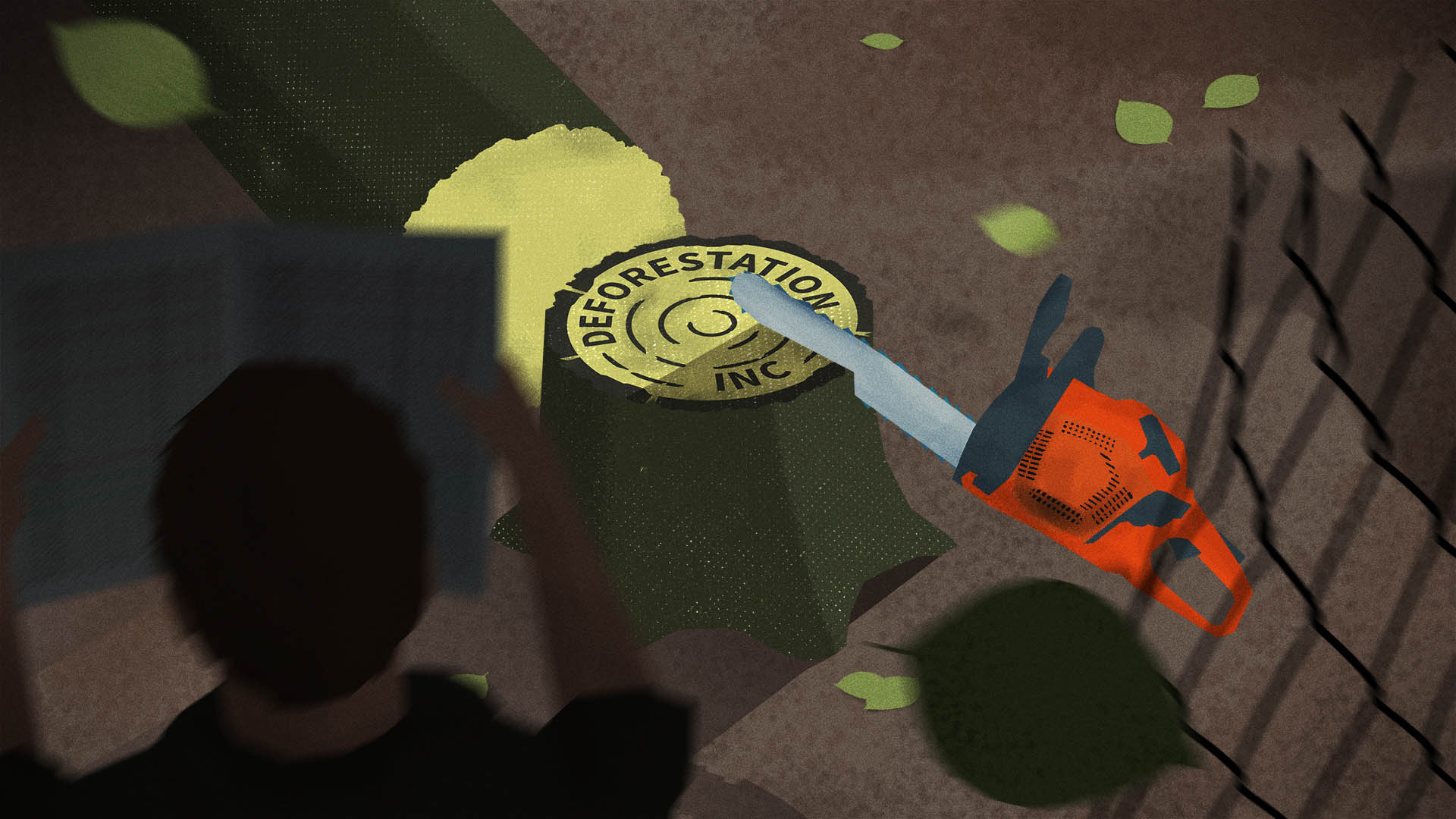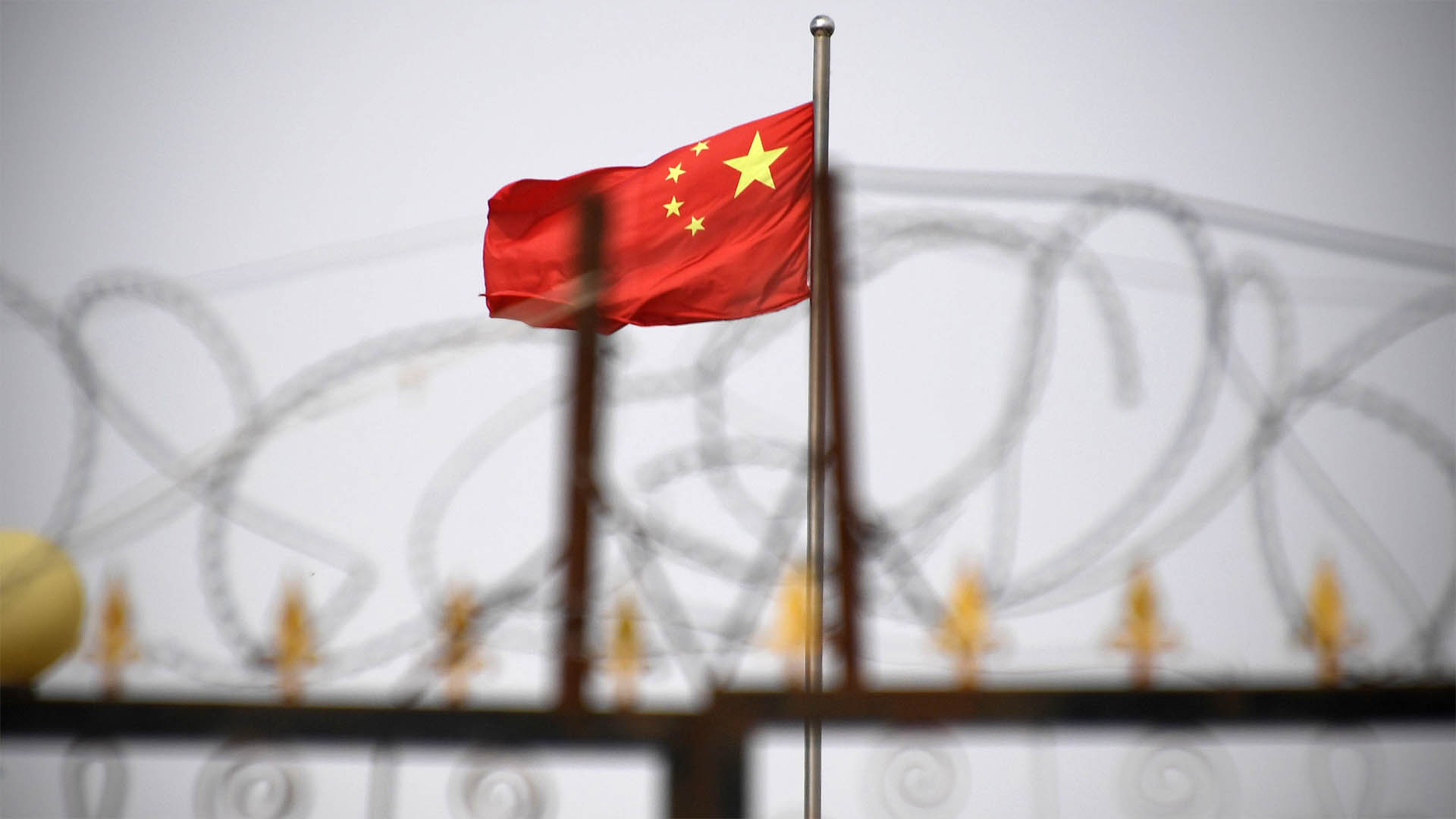
Two United States government bodies have moved within a week to authorize or impose new sanctions against Chinese officials and companies over their role in human rights violations in Xinjiang.
On May 27, the House voted in favor of a bill that — if signed into law by President Donald Trump — would punish officials responsible for the mass detention of Uighurs and other minorities.
The vote took place days after the U.S. Commerce Department expanded its economic blacklist to include nine Chinese entities accused of enabling Beijing’s abuses against Muslims at home.
The listing — the second of its kind — imposes export license requirements on 33 Chinese firms and universities including eight that are “complicit in human rights violations and abuses committed in China’s campaign of repression, mass arbitrary detention, forced labor and high-technology surveillance against Uighurs” and other minorities in the northwestern province of Xinjiang, according to a statement by the U.S. Commerce Department.
But some researchers warn that blacklisted companies may still be able to circumvent restrictions and have access to the American market.
The bill approved by the House, the Uighur Human Rights Act, doesn’t include language on exports involving the Chinese companies on the so-called Entity List, as originally proposed. But it requires firms and individuals operating in Xinjiang to make sure their activities don’t contribute to human rights violations or use forced labor.
Just like the first blacklist issued in October 2019, the new action doesn’t explicitly target third-party sellers, said Darren Byler, an expert on Xinjiang and China’s surveillance policy. This means that products made by the companies may still be available in the U.S. on e-commerce platforms, for instance.
“This in itself tells us something about the way some of the most powerful companies in the U.S. economy see their role in defending human rights,” Byler told the International Consortium of Investigative Journalists. “Consumer products manufactured by these [blacklisted] companies should no longer be sold in the U.S. marketplace in any form.”
The Commerce Department didn’t immediately respond to ICIJ comment requests.
In response to the latest U.S. sanctions, China’s foreign ministry spokesman Zhao Lijian told reporters in Beijing that China firmly opposes the measure and defended his government’s policy in Xinjiang as “counter-terrorism measures.”
In recent years, China has strengthened its repressive policy against Muslim minorities in the northern region, with technology playing a big part in the government’s ability to surveil members of the community. More than one million Uighurs are detained in mass-detention camps, according to U.N. estimates. Thousands were reportedly subjected to forced labor.
Last year, the U.S. published a first blacklist of about two dozen Chinese companies, after human rights advocates and media organizations exposed how China had turned Xinjiang into a highly sophisticated police state installing checkpoints and surveillance cameras equipped with facial recognition technology.
A leak of classified documents obtained by the ICIJ and its partners later confirmed Beijing’s policing strategy.
The China Cables showed how the Chinese government tracked and detained Uighurs who had a file-sharing app installed on their mobile phones. Officials in Xinjiang flagged the Muslim users of the app for further investigation and arrested those deemed to be “violent terrorists and extremist elements” who used the app “to spread audio and video with violent terroristic characteristics.”
ICIJ media partner in Japan, Kyodo News, also found that tech giants like Sony and Sharp had supplied components to some of the U.S.-blacklisted companies, including to Hangzhou Hikvision Digital Technology Co Ltd, the world’s largest video surveillance gear maker.
Despite last year’s Commerce Department listing, some of the sanctioned companies’ products were still available for sale in the U.S., according to Buzzfeed. Another report, by Reuters, recently found that Amazon had bought cameras to take temperatures of workers during the coronavirus pandemic from Zhejiang Dahua Technology Co Ltd, another company blacklisted for its role in Xinjiang surveillance.
Still today, Hikvision and Dahua surveillance cameras remain for sale on Amazon.com, ICIJ found.
This suggests a lot of the policies the U.S. government set out to weaken the growth of China’s surveillance industry are not that effective, said Samuel Woodhams, digital rights researcher at Top10VPN.
“For those [companies] that are heavily reliant on U.S. exports, the restrictions will likely impede their business efforts to a large degree, while those that conduct most of their business within China and neighbouring countries will probably experience minimal disruption,” Woodhams told ICIJ.
He recently found that some of those Chinese surveillance companies on the blacklist were using their U.S.-based subsidiary to attend an industry event in Las Vegas and pitch their products to American and international buyers. (The conference was cancelled due to the COVID-19 pandemic.)
A more recent report by Woodhams and others details how American tech giants Amazon and Microsoft provide essential web services to at least eight of the Chinese surveillance companies under scrutiny. Acknowledging Western companies’ role in the global surveillance industry is crucial to advance a conversation on its human rights implications, Woodhams said.
“Popular political discourses in the West frequently seek to differentiate themselves from China by emphasising their respect for human rights,” he said. “However, governments and companies in the West have also been heavily complicit in the global rise of digital authoritarianism, with many even providing financial support to the companies in China they seek to criticise.”
Amazon representatives did not immediately respond to ICIJ comment requests.
Among the companies recently blacklisted for “enabling China’s high-technology surveillance” in Xinjiang is Nanjing FiberHome Starrysky Communication Development, a cybersecurity and data analysis firm partly owned by the Chinese state. FiberHome was identified in a New York Times report as the producer of a software that Xinjiang officials installed on foreign visitors crossing the border. The app scans a phone and generates a report containing all contacts, text messages, calendar entries and call records it finds in the device. It’s not clear how Chinese officials were using the information they collected, the NYT wrote.
Other sanctioned entities include cybersecurity company Qihoo360 and CloudWalk Technology Ltd., which makes facial recognition systems.
In response to the latest Commerce Department action, the companies said the U.S. is “politicizing business” and claimed “unfair treatment.”
Note: The story was updated after Woodhams issued a correction to its report on tech giants providing web services to Chinese surveillance companies and clarified Google’s relationship with the firms.
